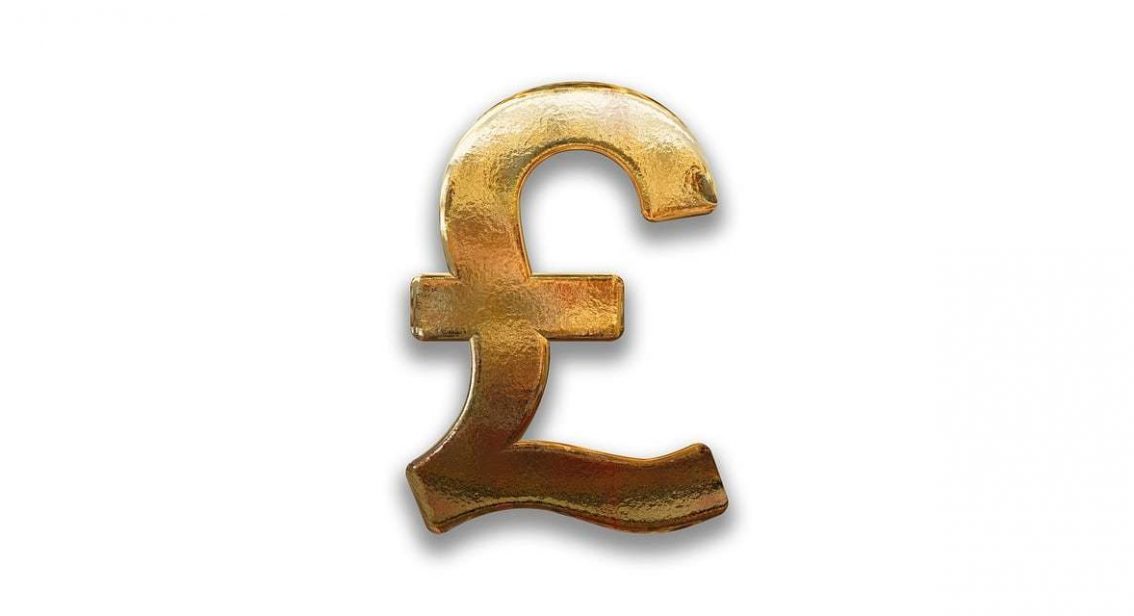
Latest News and Events

A £40 Billion Budget
The briefings and ‘leaks’ which heralded the first Budget from Rachel Reeves meant that there were few surprises in store. In fact, the largest cheer from the House of Commons came when she announced that whilst alcohol duty would rise from February 2024, the duty on draft products would fall by an average of 1p per pint.
That said, this was a Budget which looked to raise an additional £40 billion in order to ‘invest for growth.’ Unsurprisingly much of that investment is to be directed towards the NHS and schools, with transport, clean energy, and defence also receiving increased budgets. Some of that expenditure is to be covered by new fiscal rules which look towards day-to-day expenditure which is covered by revenues whilst investment debt is gradually reduced as a share of the economy.
As you might expect from a new government the changes brought in by the Budget are many and complex and more information will emerge over time as full briefing papers are released. Businesses will face a hit thanks to a combination of an increase to the national minimum wage and increases in Employer’s National Insurance rates allied to a reduction in the NI threshold. However, for smaller businesses this will be partly offset by an increase in the Employers NI allowance and the freezing of the small business multiplier for business rates.
Looking specifically at taxes and allowances which may affect individuals the headline measures are:
- Capital Gains tax – The lower rate of CGT is to rise from 10% to 18% whilst the higher rate will rise from 20% to 24%. CGT rates for Business Asset Disposal Relief and Investors’ Relief will rise from 14% in April 2025 to 18% from April 2026.
- ISA – Current ISA subscription limits will remain unchanged until 5 April 2030. The British ISA introduced in the previous budget has been scrapped following industry feedback.
- Tax thresholds – These have been frozen until April 2028, after which time they are to rise in line with inflation.
- Additional Stamp Duty Land tax on second homes – This has been increased from 3% to 5% with effect from 31 October 2024.
- Non-Dom regime – This is to be abolished and replaced by a residence-based system.
- Inheritance tax – This is perhaps the key change for those looking to optimise the amount which they wish to leave their heirs. The current thresholds have been frozen until April 2030 potentially drawing more Estates into paying the tax thanks to house price increases. However, there are also three other key changes:
- Unspent pension pots are to be included in inheritance tax calculations with effect from April 2027.
- Agriculture and business property relief will be capped at £1 million with effect from April 2026 with relief at 50% for any amounts in excess of that sum, effectively resulting in an inheritance tax charge of 20%.
- Business property relief will also be capped at 50% for any shares not listed on the markets of a recognised stock exchange with effect from April 2026.
- Unspent pension pots are to be included in inheritance tax calculations with effect from April 2027.
Over the forthcoming weeks we will be studying the detail in respect of these Budget measures in order to provide appropriate advice to our clients. In the meantime if you are looking for advice on investments or pension planning, or if your situation has changed and you may therefore need to review your existing pensions or investments, contact Beckworth by using one of the links on our website.


Call us today: 01392 678 555